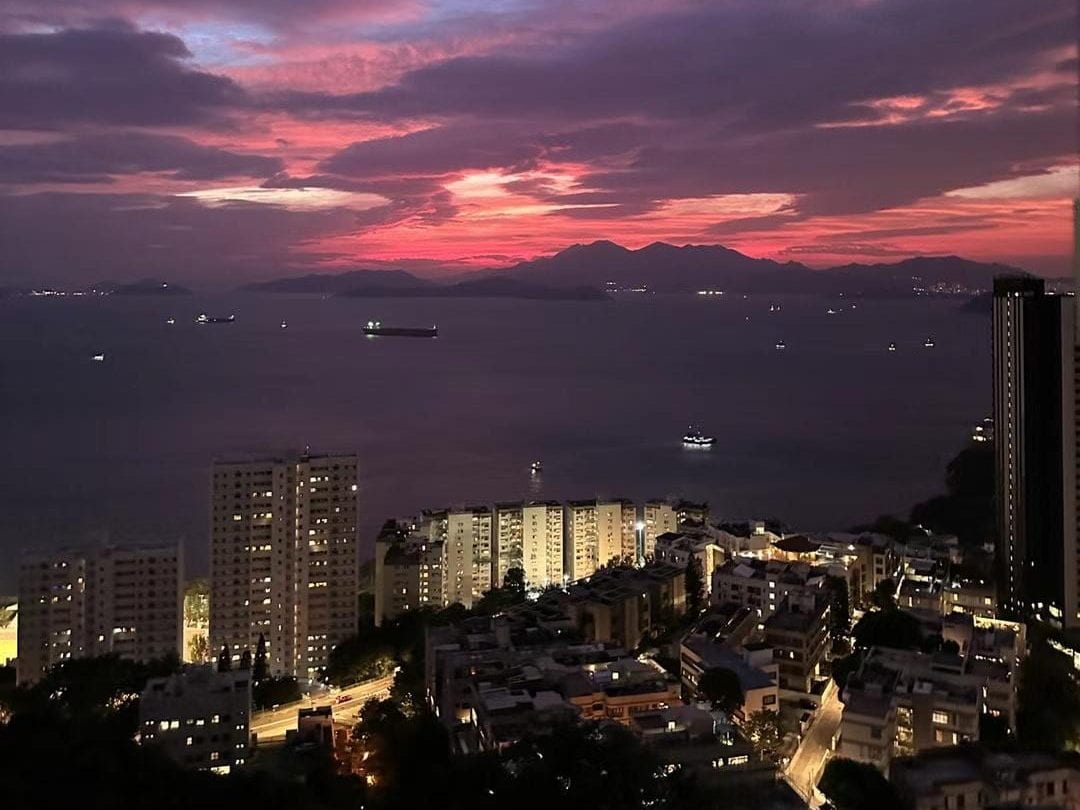My Exchange at The University of Hong Kong

I know about 360’s exchange program through chatting with my friends. We took a course together as a group in the first semester at the University of Auckland. We are both very interested in the culture of Hong Kong, which is why we both chose to go to the University of Hong Kong for exchange.
At first, when I came to the University of Hong Kong, I was exposed to a completely different campus culture. The first impression of the University of Hong Kong is that it is fast-paced. They have faster classes and more extracurricular activities. In addition, the form of homework in the University of Hong Kong is quite different from that in the University of Auckland, with more course content and shorter study time. For students in the University of Hong Kong, students often study all night, although I think it is not good for the healthy development of body and mind. Therefore, it makes me feel difficult to adapt in a short time.
In terms of life, the University of Hong Kong has its own dormitory culture, where students can live in one building and host parties, including friendship dinners in the dormitory. I lived in Lee Hysan hall, their student residence at the University of Hong Kong. Lee Hysan hall has a total of 16 floors, with students on each floor forming a self-organized group, with its own gym, piano room, laundry room and entertainment area. You can experience colorful night activities, such as lion dance, barbecue including singing and so on. However, due to the irregular work and rest time of local students, waking up in the early morning was a common occurrence, which also led to my poor rest during that period.
In other respects, Hong Kong has the most luxurious shopping malls and excellent natural environment. Every weekend, if you have time, you can go boating, scuba diving or sightseeing in the suburbs of Hong Kong. Hong Kong is great for outdoor sports until December because of its geography. In addition, Hong Kong also has a unique culture, where you can experience the combination of Asian culture and European culture, you can really appreciate the inclusiveness of culture.
If anyone wants to exchange, my advice is first to confirm the difficulty level of exchange courses and the failure rate before applying for exchange, because many universities in Hong Kong have some difficult courses and a high failure rate. Secondly, as an exchange student in the University of Hong Kong, it is recommended to rent a room or move in the student apartment if conditions permit, because some student apartments are noisy at night due to lack of management. Finally, the earlier you contact other exchange students, the more information you can get.
Q&A
What were some of the highlights of the academic experience at your host university?
The content of the course is more closely connected, and the content of the course is more practical.
Would you recommend any particular activity/activities unique to your host country or university?
High table dinner, Special events of the University of Hong Kong, where many local students can meet and exchange experiences with them
What are your top 3 tips for future students attending your host university or going on exchange to your host country?
- Know the course pass rate in advance.
- Learn about the accommodation environment in advance, including transportation and dormitory management.
- Make contact with other exchange students as early as possible.
How much did you budget for your exchange? Was this enough? Were there any lessons learned that would help future students budget for their own exchange?
I have a budget of HK $12,000 per month, and I have paid about HK $8,000 for accommodation before entering the University of Hong Kong. My budget is enough for me, but as a Chinese student, my budget is very low when I go to Hong Kong and during the journey.
However, if I come to Hong Kong from other countries or regions, I suggest to prepare a budget of at least 20,000 Hong Kong dollars during the travel stage, and a budget of at least 7,000 Hong Kong dollars every month after arriving in Hong Kong.